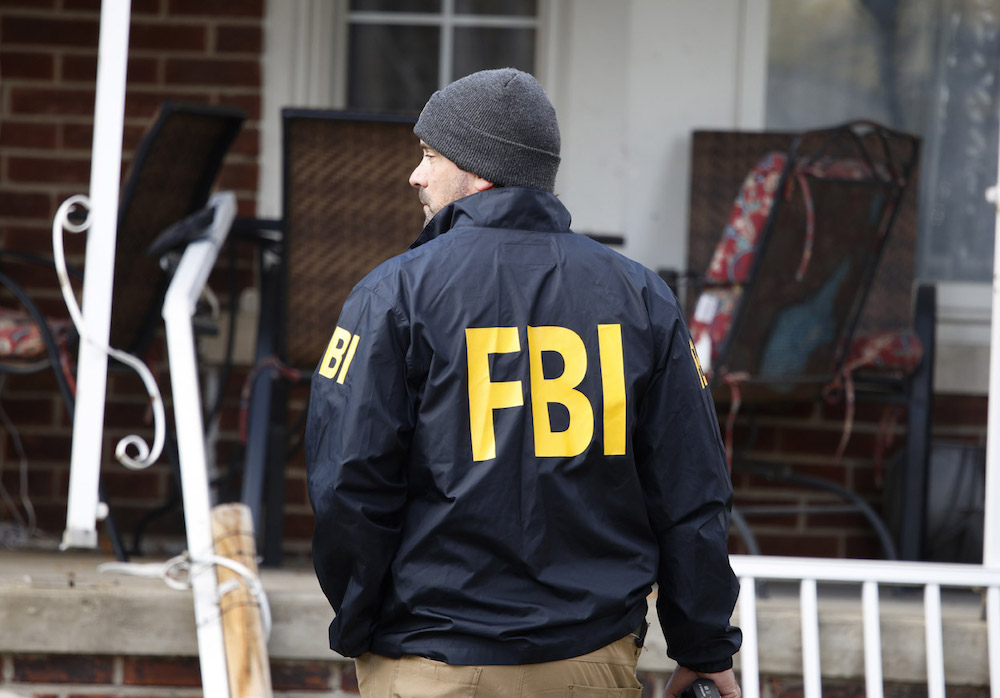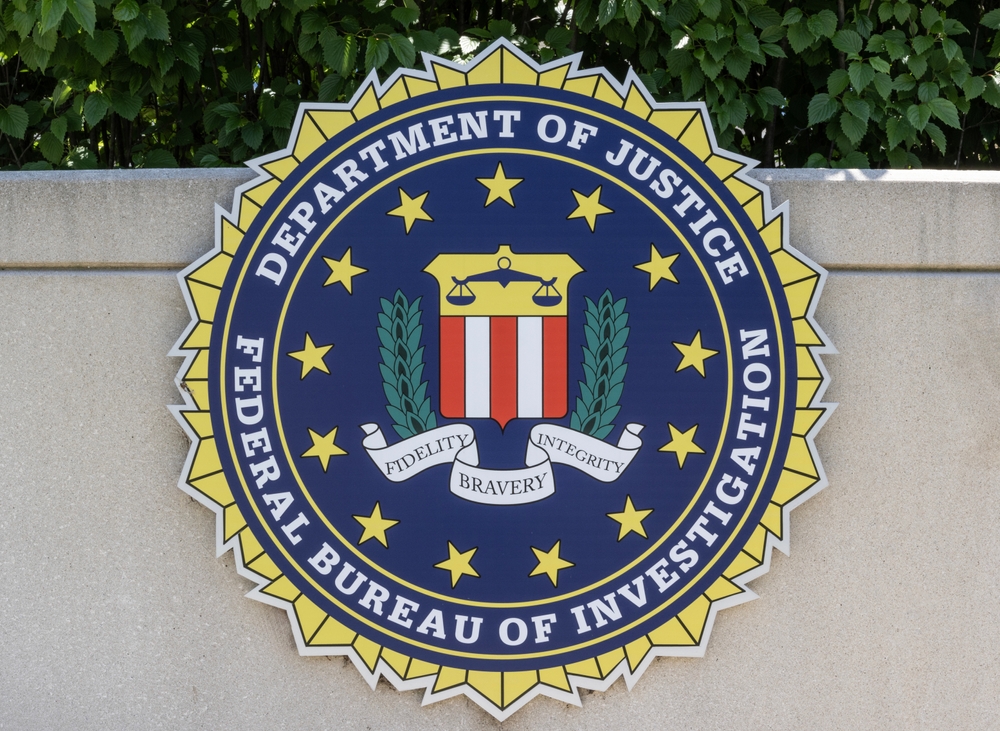By Steve Neavling
Federal prosecutors have charged a Virginia college freshman with a weapon-of-mass-destruction offense, alleging he plotted a violent attack on Israel’s general consulate in New York City using a bomb, assault rifle, or suicide vest.
Abdullah Ezzeldin Taha Mohamed Hassan, an Egyptian national and freshman at George Mason University, faces a charge of demonstrating how to manufacture explosives with intent to harm internationally protected persons, The Washington Post reports. The charge carries a potential maximum sentence of 20 years. The university has barred Hassan from campus, and additional charges may follow as the investigation continues.
U.S. officials revealed that Hassan is also in deportation proceedings. However, those proceedings will likely be delayed until after his criminal trial and any resulting sentence. Hassan’s public defender, Cadence Mertz, declined to provide a comment on the case.
The allegations come amid heightened scrutiny of George Mason University’s handling of pro-Palestinian student activism. Recent controversies include the four-year campus ban of two sisters who were past and current leaders of the Students for Justice in Palestine chapter. Law enforcement discovered guns, ammunition, and antisemitic materials in their family home during a search, though their attorney labeled the ban as racial profiling.
Paul Allvin, a university spokesperson, said the two incidents are unrelated. He added that the university has enhanced its law enforcement capabilities and maintains a threat-assessment team to address potential risks.
Federal documents filed in the U.S. District Court for the Eastern District of Virginia paint Hassan, 18, as a prolific social media user who praised Osama bin Laden and shared antisemitic propaganda. The FBI traced these online activities to Hassan’s devices and identified him on campus the same day he accessed flagged accounts.
In a court filing, the FBI described Hassan as adept at evading digital surveillance and accessing obscure instructional videos for building explosives. In one instance, he allegedly shared a bomb-making video designed to maximize casualties in crowded areas.
According to an FBI affidavit, Hassan sent an undercover informant a video advocating violence against Jewish people. The informant, posing as a terrorist sympathizer, pledged allegiance to Hassan and agreed to carry out a mass-casualty attack under his direction.
Authorities said Hassan considered multiple methods for the attack, including using assault rifles, a suicide vest, or a bomb made with triacetone triperoxide (TATP), an explosive commonly used in suicide vests. “Two options: lay havoc on them with an assault rifle or detonate a TATP vest in the midst of them,” Hassan allegedly told the informant in a message quoted in court filings.
The FBI affidavit detailed Hassan’s plan to target the Israeli consulate in New York. He reportedly described the city as “a goldmine of targets” and referred to Jewish people using the Arabic word “Yahud.” He even instructed the informant on details like the size of bomb shrapnel and escape plans involving flights to Africa.
Allvin confirmed that Hassan was a freshman majoring in information technology but noted he did not live on campus.
Earlier this month, George Mason University President Gregory Washington addressed the campus community about safety concerns following law enforcement actions. He urged students to focus on finals and assured them of 24/7 police monitoring.
Allvin echoed those reassurances, saying the university has implemented enhanced security measures, including some designed to remain discreet. “These capabilities, plus more measures that by design remain invisible, form a protective web around the university campus that our proximity to the nation’s capital demands,” he said.
Hassan was ordered detained pending trial after a federal magistrate judge reviewed the case on Thursday.






